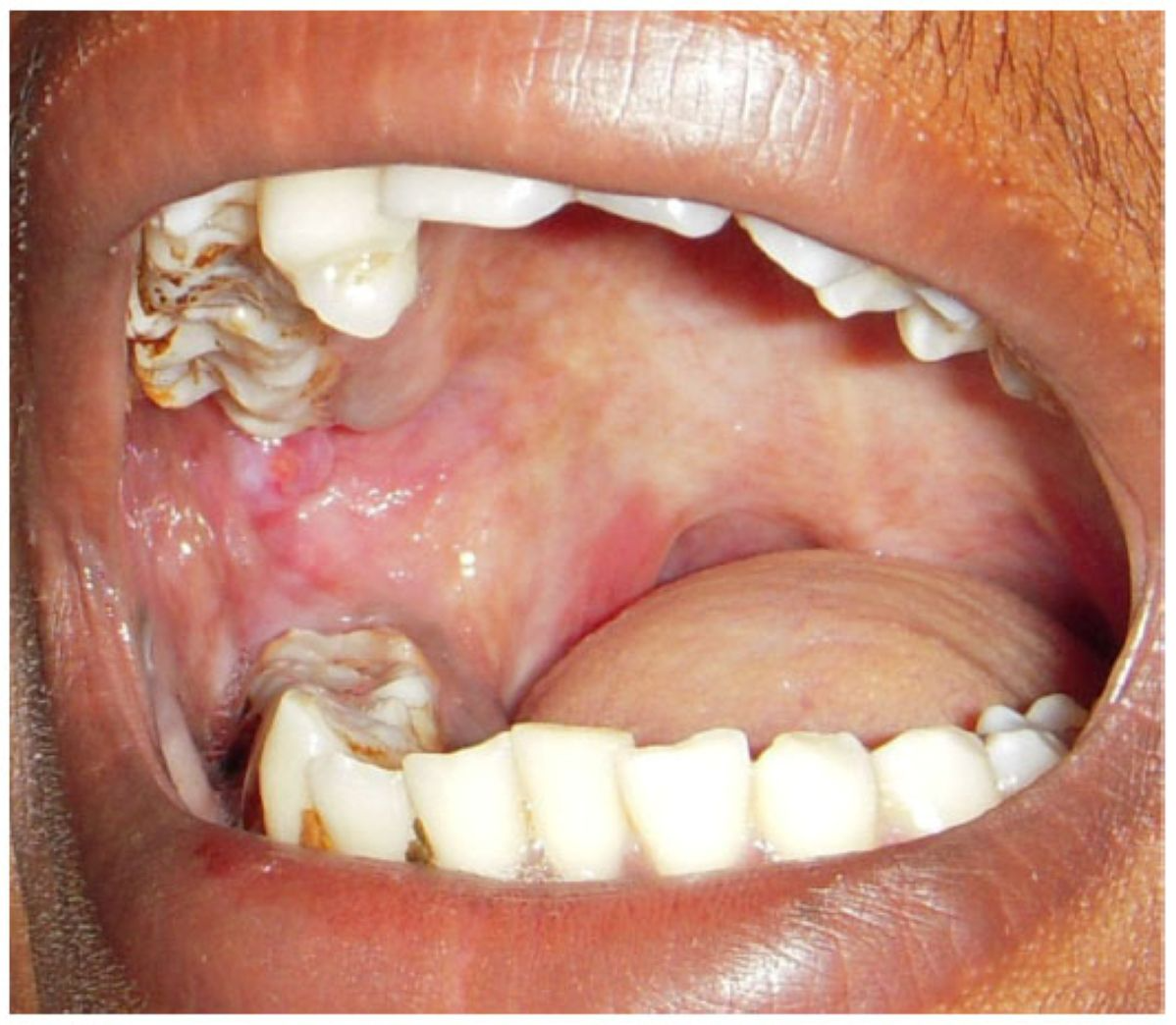+919790726189

This is your website preview.
Currently it only shows your basic business info. Start adding relevant business details such as description, images and products or services to gain your customers attention by using Boost 360 android app / iOS App / web portal.

Sharp Tooth and Its Implications A sharp tooth is more than just a minor inconvenience — it can significantly affect oral health, comfort, and even overall wellbeing. Whether caused by wear and tear, fractures, improper alignment, or developmental anomalies, sharp edges on teeth can injure the surrounding oral tissues and lead to various complications if left untreated. Causes of a Sharp Tooth A tooth may become sharp due to multiple reasons. Common causes include enamel chipping from accidental trauma, teeth grinding (bruxism), fractures due to biting hard objects, or improper shaping during dental treatments. Sometimes, a sharp tooth may be present from birth due to developmental variations such as talon cusps. Over time, acid erosion, cavities, and wear from opposing teeth can also create pointed edges. Oral Health Implications A sharp tooth often poses risks to the soft tissues inside the mouth. The tongue, inner cheeks, and lips are highly sensitive, and repeated contact with a sharp edge can lead to cuts, ulcers, or chronic irritation. These wounds may cause pain while eating, speaking, or swallowing. Additionally, persistent irritation in the same spot can result in traumatic ulcers, which, if ignored, could take longer to heal or become infected. Impact on Dental Function Beyond tissue injury, a sharp tooth can affect chewing efficiency and bite comfort. If the sharpness is due to a fracture or uneven wear, it can lead to malocclusion (improper bite), causing strain on the jaw joints and muscles. In some cases, this may contribute to temporomandibular joint (TMJ) discomfort or headaches. Aesthetic Concerns From a cosmetic perspective, a chipped or jagged tooth can affect the smile’s appearance, impacting a person’s confidence. Even if pain is not present, many patients seek treatment for aesthetic reasons. Potential Long-Term Effects If the underlying cause is structural weakness, decay, or a cracked tooth, the condition may worsen over time, increasing the risk of pulp involvement and infection. Continuous soft tissue trauma also raises the risk of persistent inflammation, which can interfere with normal oral function. Management and Treatment Dentists have several solutions to address a sharp tooth. Minor sharp edges can be smoothed and polished through an enameloplasty. For larger fractures or cosmetic concerns, restorative options such as composite bonding, veneers, or crowns may be recommended. If decay is the cause, appropriate fillings or root canal treatment might be necessary. Protective measures, such as night guards for bruxism, can prevent further wear. Prevention Tips Maintaining good oral hygiene, avoiding biting hard objects, wearing protective gear during sports, and addressing habits like teeth grinding can help prevent sharp tooth problems. Regular dental check-ups are essential for early detection and treatment. In summary, a sharp tooth should not be ignored. Prompt attention ensures protection of oral tissues, prevents further damage, and restores both comfort and aesthetics — keeping your smile healthy and pain-free. Dental Clinics in West Mambalam Dentists in West Mambalam Dentists in Ashok Nagar Best dentist near me Best Dental Clinics in West Mambalam Oral surgeon in West Mambalam Dental Implants in West Mambalam Oral surgeon in Ashok Nagar Painless tooth removal at West Mambalam

